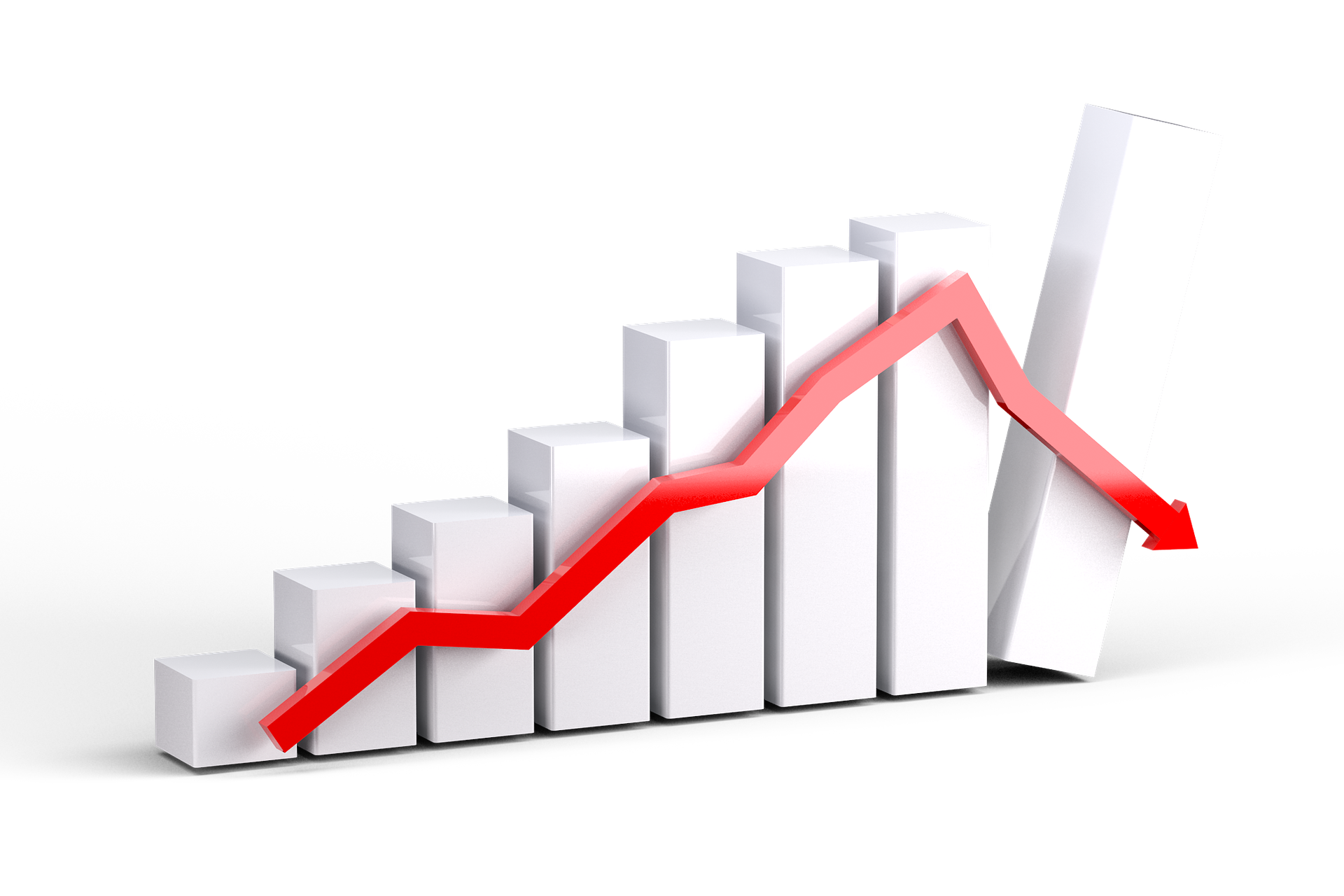Inflation, Volatility and Opportunity

In light of the recent market volatility, I thought it might be helpful if I shared some of my thoughts.
Some investors have become concerned about inflation and about the potential for tighter monetary policy to counter it. The UK Consumer Prices Index is up 5.4% from a year ago; the Retail Prices Index is up 7.5%, the highest since 1991. In the US, CPI is up 7.0% on a year ago, the highest figure since 1982. The market expects inflation to be above the Bank of England / Federal Reserve target of 2% on both sides of the Atlantic over the next five years. There are signs of wage inflation rising, not just in official statistics but also in what companies are saying about their business prospects in earnings reports. In addition, the unemployment rate is 4% here and 3.9% in the US so the pressure on wages may well be higher in coming months.
The Bank of England raised interest rates in December for the first time since 2018 and also in December the US Federal Reserve Board not only increased the speed with which it intends to reduce its bond purchase programme (so called “Quantitative Easing”) but also discussed the possibility of reducing the level of its bond holdings later this year. That would be an additional tightening of monetary policy on top of any interest rate increases, just as Quantitative Easing is an additional easing of policy above and beyond interest rate reductions.
Tighter monetary policy is making the market rethink the outlook for the economy and for companies. For a number of the fastest growing companies, valuations have been elevated relative to history for much of the time since 2009. Higher interest rates will challenge the sustainability of those elevated valuations.
Markets are also likely to have one eye on the growing geopolitical tensions, with military developments in Ukraine and Taiwan making the headlines.
We have been talking about an all asset bubble for a few months and We saw a correction as not just possible but likely.
This correction is broadly a reaction to unexpectedly high interest rate increases in the US, which is a reaction to their very high inflation as discussed above. The fast money in the market is moving to either hedge this position or try to take advantage. So, this combined with the impact on fixed interest has caused a correction and some volatility.
Fundamentally nothing looks broken, and investment managers expect inflation to cycle back at some point this year.
Is this short-term bad news? Yes.
If anything, however, inflation should feed through to better medium term results from risk assets. For now inflationary pressure and market reaction combined with the politically difficult position some countries are in at the moment probably means this year may be quite flat compared to the very good long-term results we have had.
If you do have money to invest at the moment I do see this current situation as a buying opportunity.
If you would like to discuss this further then speak to your financial adviser direct or call or email the office. Tel 01733 314553 Email info@brookswealth.co.uk


